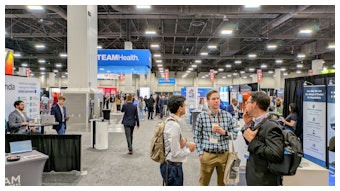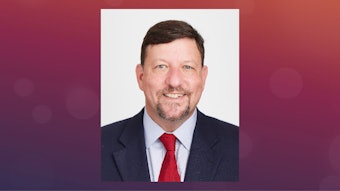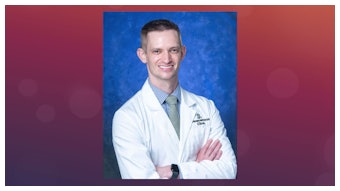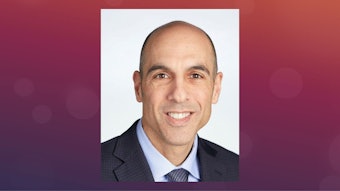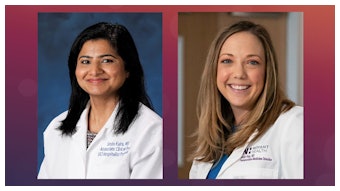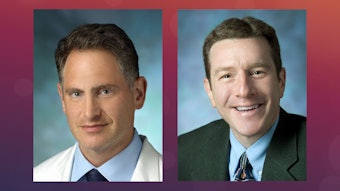Hospitalists should assume a bigger role in addiction care
From diagnosis to management, the hospitalist is uniquely positioned to offer treatment.

Hospitalizations involving substance use disorders (SUD) are rising at unprecedented rates. According to the Centers for Disease Control and Prevention, nearly 107,000 drug overdose deaths occurred in 2022. Of these deaths, those involving synthetic opioids other than methadone increased 22%.
Alcohol-related morbidity and mortality are also on the rise. While shocking and sad, the increase in SUD probably comes as no surprise for medical professionals who know better than most the crisis climate caused by COVID-19, and who also are painfully aware of the prevalence of drugs, including fentanyl, and their gripping hold over those who use them.
“COVID-19 further fueled our addiction crisis due to isolation, the changing drug supply, programs being closed, new substance use disorders developing, and return to use,” said Marlene Martin, MD. “In addition, fentanyl is the predominant opioid being used across the country and contributing to increased overdose deaths due to its high potency and unintentional use in the setting of a toxic drug supply.”
Dr. Martin, who is associate professor of medicine at the University of California, San Francisco, said even though the statistics surrounding SUD are alarming, hospitalists can help flatten the curve of addiction. She will describe what this looks like during the session, “Addiction Medicine Updates for the Hospitalist,” 4:30-5:20 p.m. on Tuesday.
“We can offer addiction treatment to hospitalized patients,” Dr. Martin said. “Given our country's crisis, we can leverage our existing hospitalist workforce and close the SUD treatment gap to save lives with evidence-based interventions.”
Treating addiction during hospitalization reduces post-discharge mortality, self-discharges, length of stay and readmissions and improves the patient and clinician experience, she said. Initiating medication for addiction treatment during hospitalization, including methadone, buprenorphine and naltrexone, has a large and growing evidence base.
Initiating treatment at the hospitalist level has other advantages as well.
“People are hospitalized with complications of substance use. For example, diagnoses such as decompensated liver disease, heart failure exacerbations, acute encephalopathy, cellulitis, and endocarditis may all involve substance use disorder as a root cause,” Dr. Martin said. “Treating addiction as part of general care ensures we treat the whole person, including why they came to the hospital and increases the chance that patients will complete their hospitalization. When addiction is untreated, we know that people are more likely to self-direct their discharge, which is associated with increased morbidity and mortality. Treating addiction in the health care setting may also destigmatize addiction care, rebuild trust, and improve the experiences for both patients and clinicians.”
Tuesday’s session will include clinical updates focused on the evidence base for hospital addiction care and the most up-to-date literature for management of alcohol and opioid use disorders among hospitalized patients.
“It would be great for all hospitalists to have or work on obtaining addiction training to offer and initiate evidence-based treatment in the hospital,” Dr. Martin said. “Hospitalists can lead change by becoming subject matter experts, leading interprofessional workgroups, building order sets and more to improve our local health care system's addiction care.”
Visit SHM Meeting News Central for more coverage.

